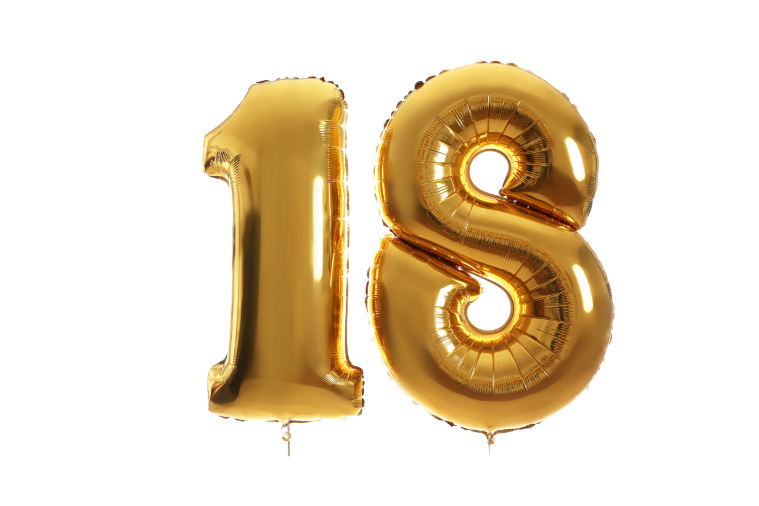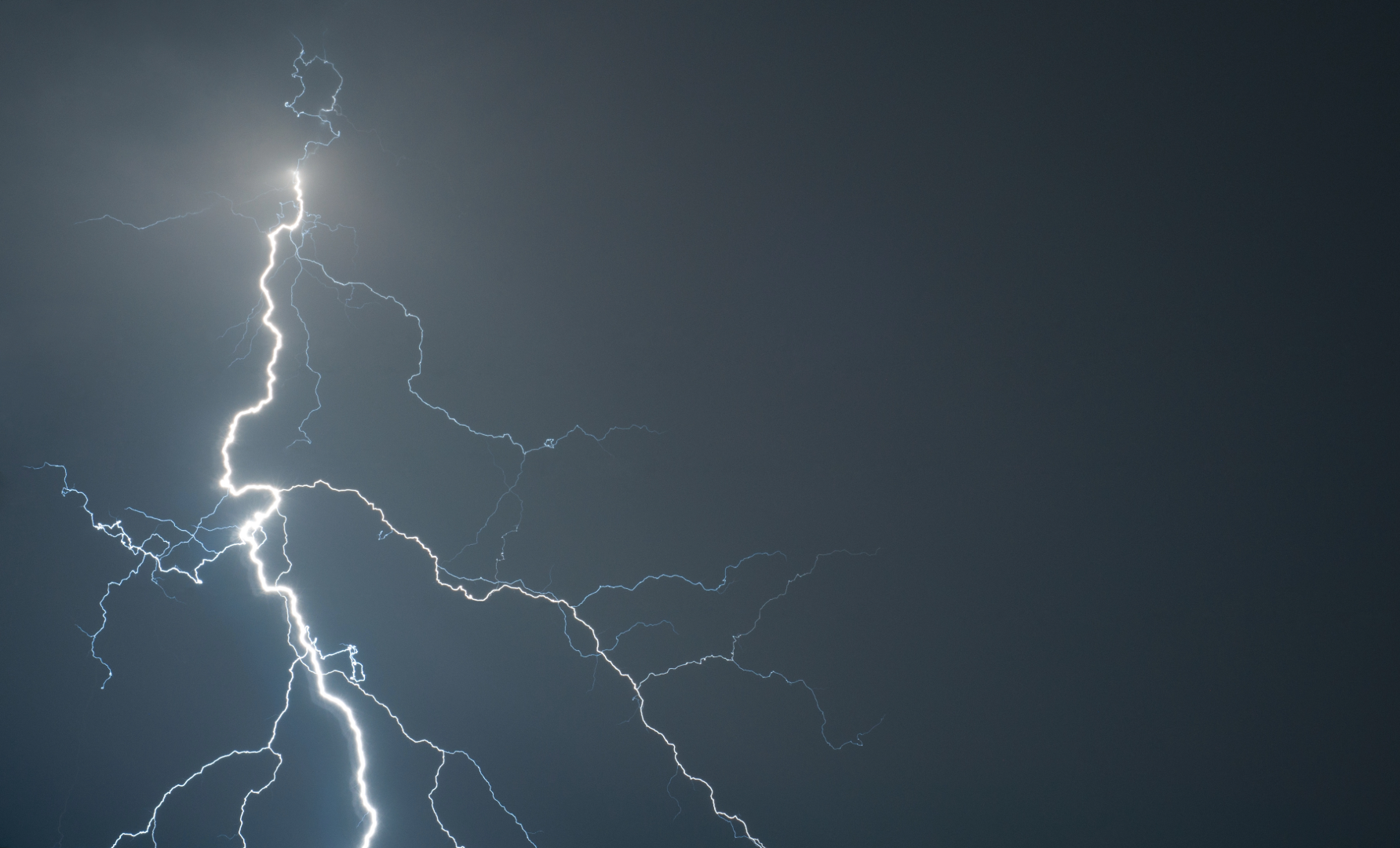It took 22 years, 8 months and 27 days to pay off my student loan.
Not quite the 84 years from the famous line in the Titanic movie, but sometimes it felt like it would take a lifetime.
It feels a little strange for the day to finally be here when I no longer have any student loan left to pay. I had been paying it for so long. It was by far my oldest debt and now its finally and completely gone.
I have finally, absolutely and unequivocally paid off my student loan. Hooray!!
The Day Finally Arrived
I had been imagining the day for so long. I wasn’t quite sure when it was going to happen, but as the balance crept lower and lower I knew that the day was soon approaching.
I have paid off my student loan in full.
That is such a sweet sentence. At times I thought it might never happen.
It Took More Than 22 Years
I received my first instalment from the Student Loans Company on the 1st of October 2001.
My final repayment was made on the 27th June 2024.
- It took 8,306 days.
- That’s 22 years, 8 months and 27 days.
At 42 years of age I was finally able to pay off a debt that I entered into when I didn’t really grasp the full weight of debt.
For years the balance grew. It kept creeping upwards until I was finally able to pay off more than the interest charged during the same time period.
That in itself was a significant turning point.
As my salary grew more of my pay would be put to work towards the student loan repayment.
Interest Charged Increases the Outstanding Balance on the Loan
When I completed my course in 2006 my student loan debt was £25,298.75. In 2009 it reached a peak of £26,882.25, because I wasn’t earning enough for the repayments to be greater than the amount of interest being charged within the same time period.
If I had never reached the repayment threshold, the student loan would continue to grow and grow, due to the amount of interest being applied to the debt. There was interest being applied to previously charged interest. The interest was compounding.
Every month my student loan repayment would appear as a line item in the deductions area of my payslip. Every year I would grow disheartened seeing that the repayments made just the smallest of dents into the overall balance due.
In April 2020 the outstanding balance was still over £20k. The realisation came that unless I threw every spare penny at it, I would have the debt for at least another 20 plus years.
So that’s what I did. Everything and anything that could possibly go towards my student loan went towards it. Once April 2023 arrived the remaining outstanding balance was £7,408.43.
The progress made during those three years was phenomenal, considering how hard it was to find “spare” money.
Fast forward to 2024, a little more than a year later and the debt is now completely gone.
If I Could do it all Again Would I Choose to Attend University?
I value education, I really do. I love to learn. However if I could do it all again I would take the time to assess whether the course I chose was the best investment I could have made.
There are cheaper ways of obtaining a degree. I made the best decision I could at the time with what I knew. If I were to do it all again I would consider whether I was going to get a reasonable return for the investment made, in both time and money.
Twenty-two Years is too Long
Given that it took me more than 22 years to repay my student loan, I expect there will be a rise in the number of parents with children attending university who themselves still have a student loan that they are repaying.
It feels wrong. It is a disadvantage that will affect the generational wealth of a family.
Parents who are still paying off their own student loan cannot help out as much with university finances for their children. As a result the child will likely go into additional debt.
Whereas children from better off families tend to receive financial assistance from family members, they will not require the same level of student loan support. In turn if they do have a student loan it will be typically smaller and paid off earlier.
When they themselves have university age children, they will be able to provide financial assistance and decrease the requirement for student loan support.
The financially better off will continue to prosper, while the financially poor families get trapped into a continuous cycle of debt, as they try to better their generational financial situation through education.
If I had not been able to make additional payments, I would still have a student loan. I would still have a student loan when my children reach university age.
I am very glad that I have managed to pay it off in full. It was not easy and difficult choices were made to ensure that there was sufficient money to make the repayments.
If my children decide to attend university I will now have the ability to offer support. If I had not paid off my loan in full I would be stuck still paying off my historic student loan.
How Does it Feel to Pay Off Your Student Loan?
As with most things the greatest joy comes from working towards the goal.
Each month I was checking how much of the Student Loan was left to pay, I saw how each payment chipped away at the balance, during the additional payment months I felt exhilarated.
During the months where there wasn’t any spare money to make an additional payment I would feel trapped and deflated. It was really tough. I felt stuck in place and as if there was no end in sight. Feeling that way would spur me on to put as much as I could into the repayment the next time I got paid.
Visualising the Student Loan Being Paid Off in Full
Along the repayment journey I visualised what it would be like to pay off the loan in full.
I imagined having a payslip without a large deduction for student loan.
Each month I put together a snapshot of my family’s financial position. I imagined how it would feel when I no longer needed to include a value for the student loan debt, in the monthly overall debt balance.
I imagined how it would feel to have the money that usually goes towards student loan repayment, to go into my bank account instead. The feeling of hope. The imagining of what I could do with that money instead.
How it would feel like a pay increase, because I no longer needed to pay off the debt. It was gone.
How it would be extra money straight into my bank account as the money had already been taxed as part of my pay.
Student Loan Repayment Milestones
When I am paying off a huge debt such as a student loan, I find it helpful to break the task down into chunks. Smaller more manageable pieces. These are my Student Loan Repayment Milestones.
Once you complete a milestone it is a great reason to celebrate.
Celebrate and remember that you are making fantastic progress, remember that with consistency you will pay off the debt in full and have the freedom to do what you want with the money that was previously going to pay off the loan.
Student Loan Repayment Milestones
- Your income has now reached the threshold where you are required to repay the student loan. Repayment thresholds vary depending on the type of plan that you are on.
- The outstanding loan balance starts to reduce due to the repayments. It can take some time to reach this point as interest is applied from the day you receive your first student loan instalment, and continues to be applied to the outstanding balance until paid in full. When the interest applied to the outstanding balance is less that the amount repaid during the period, you have reached this milestone.
- You have paid more than 10% of the largest outstanding balance.
- Half of the Student Loan has now been repaid. Your repayments will have more of an impact on the remaining balance due, as there is less outstanding balance to charge interest on.
- You reach the final 25% of the loan. You are getting closer to the endpoint.
- When you reach the point that your usual monthly payments will pay off the loan within the next 12 Months.
- Less than £1,000 left to pay.
- You make the final payment and see the nil balance outstanding on your student loan account.
The milestones may occur in a different order depending on your starting balance and the level of your monthly repayments.
The Final Payment
When the time arrived for my final repayment, I called up the student loans company and made the final payment of £29.01. The advisor congratulated me and I was beaming with a smile. I finally did it.
The following month when my next payslip arrived, my employer had received the notification to cease the deduction of student loan payments from my salary.
It’s a good idea to switch to direct debit payments for the final year of repayments. That simplifies the repayment process and helps to avoid overpayment, and the need to request a refund from the Student Loans Company.
If paying via salary deduction you can call up on your payday and make the final payment for any small amount remaining. The Student Loans Company will then issue a letter to HMRC to inform HMRC that student loan deductions are no longer required to be taken from payroll.
HMRC then issues a letter to your employer and the employer ceases to take a deduction for student loan from your payslip.
Even though we are in a digital age the communication to stop any further deductions is by letter. That means it can be slow and often missed.
If you find that you are still having student loan deductions taken after you have completed your student loan repayment, contact the student loans company and they will reissue a letter to HMRC.
Some Useful Contact Details
To manage your student loan balance, first create an account with the Student Loans Company and log in here to manage your balance.
Each month I logged in to the website to review and manage my balance.
I checked my student loan account each month to see that the balance was reducing.
At the end of each tax year I would compare the total value of student loan payments deducted from my salary with the amount on the student loan statement. I never had any discrepancies but given the large value it was important to check that all was correct.
You can call the student Loans company on +44 300 100 0611 or you can write to the Student Loans Company at; Student Loans Company, 10 Clyde Place, Glasgow, G5 8DF
If you would like to learn more about student loans and for more information on repayment, plan types and interest go to www.gov.uk/repaying-your-student-loan
Free From the Weight of Student Debt
I am very glad that I prioritised paying off my student loan. It feels wonderful to no longer have the weight of student debt on my shoulders. It is one more step towards becoming debt free and it feels GREAT!
If you are considering taking out loans for education I encourage you to consider the return on investment. Are you likely to obtain an adequate return on the investment? Do you have to undertake the specific course at that specific institution.
Select a course and an institution that will help you achieve your goals. You can even consider undertaking a remote degree or obtaining a degree part-time while working.
If you have a Student Loan or any other type of debt, consider paying it off earlier than scheduled. Early repayment will save you money in interest charged, and will help you gain financial freedom sooner.







